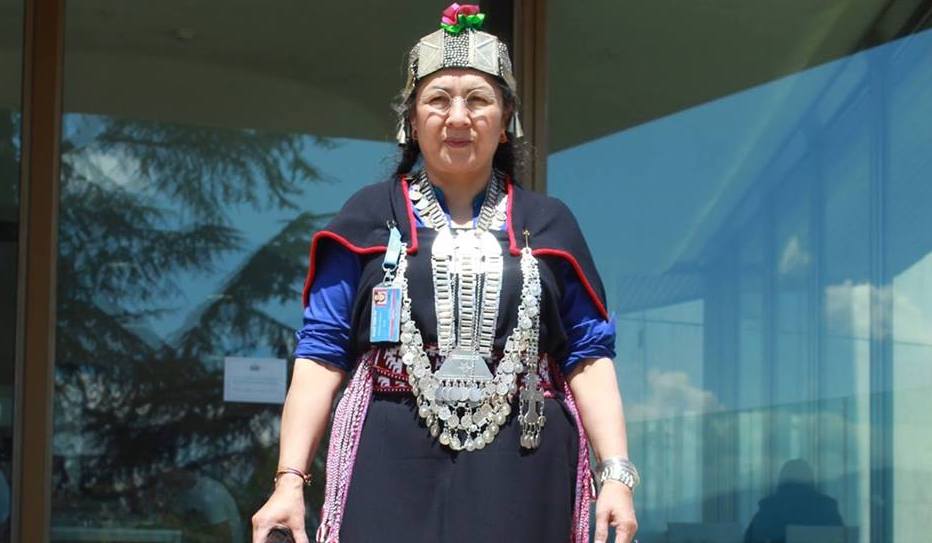Following a decision by the UN Committee against Torture (CAT) made on 23 August, Swiss authorities have committed to not deport Flor until the Committee is done examining the complaint she submitted. Such a procedure can take up to several months, so Flor’s case remains suspended in the meantime.
Though temporary, the decision initiated by the CAT still brings some ‘relief’ to Flor. ‘I had placed great hopes in the Committee and they didn’t disappoint me. Them taking such a decision is definitely a sign that they saw something wrong in the decision made by the Swiss authorities,’ Flor told ISHR. Indeed, as a justification for their decision to deport Flor back to Chile, Switzerland State Migration Service (French acronym SEM) had argued that the violations targeting the Mapuche people only occurred in Auracania, their home region. According to SEM, Flor would therefore only have to settle in a different region to be safe. A perspective that is unacceptable to Flor whose physical and psychological integrity is reportedly threatened in Chile and who, in addition to being away from her relatives, would lose all means to pursue her work to defend the rights of her people.
Despite the CAT’s decision, Swiss authorities still have the possibility to decide to send Flor back to Chile, a country she fled in 1996 because of the abuses facing Mapuche people: arbitrary arrests or detentions, judicial harassment, looting, and even murder. Several of Flor’s relatives have already been granted protection measures by the Inter-American Commission on Human Rights, due to the serious attacks they have been subjected to because of their activities in defense of human rights, their people and their ancestral territory.
In that regard, Flor’s last hope to continue her work lies with the UN. ‘It’s thanks to the UN that I’m still here. Yes it’s very slow but it’s the only path I can take, given that I no longer have any other option in Chile,’ Flor told ISHR. In Switzerland too, Flor has used all domestic appeal procedures. Through its complaint mechanism that allows any victim or witness of torture to submit a case, the CAT can actually ask the concerned State to adopt provisional measures while it investigates on the reported facts – a request the Committee usually makes when it considers it has enough elements to launch an investigation.
‘Switzerland has been a shelter for many human rights defenders, and most especially for victims of persecution,’ says ISHR’s Vincent Ploton. ‘As the host country for both the Human Rights Council and the Office of the High Commissioner for Human Rights (OHCHR), it is crucial that the State respects decisions made by the Committee against Torture,’ he adds.
Flor is the only representative of the Mapuche people at the Human Rights Council and other human rights institutions, and therefore the only person voicing the Mapuche people’s concern in these arenas. Should Flor be deported to Chile, this would be the end of the relationship between the Mapuche people and the UN.
Photo: Mapuche Permanent mission to the UN




